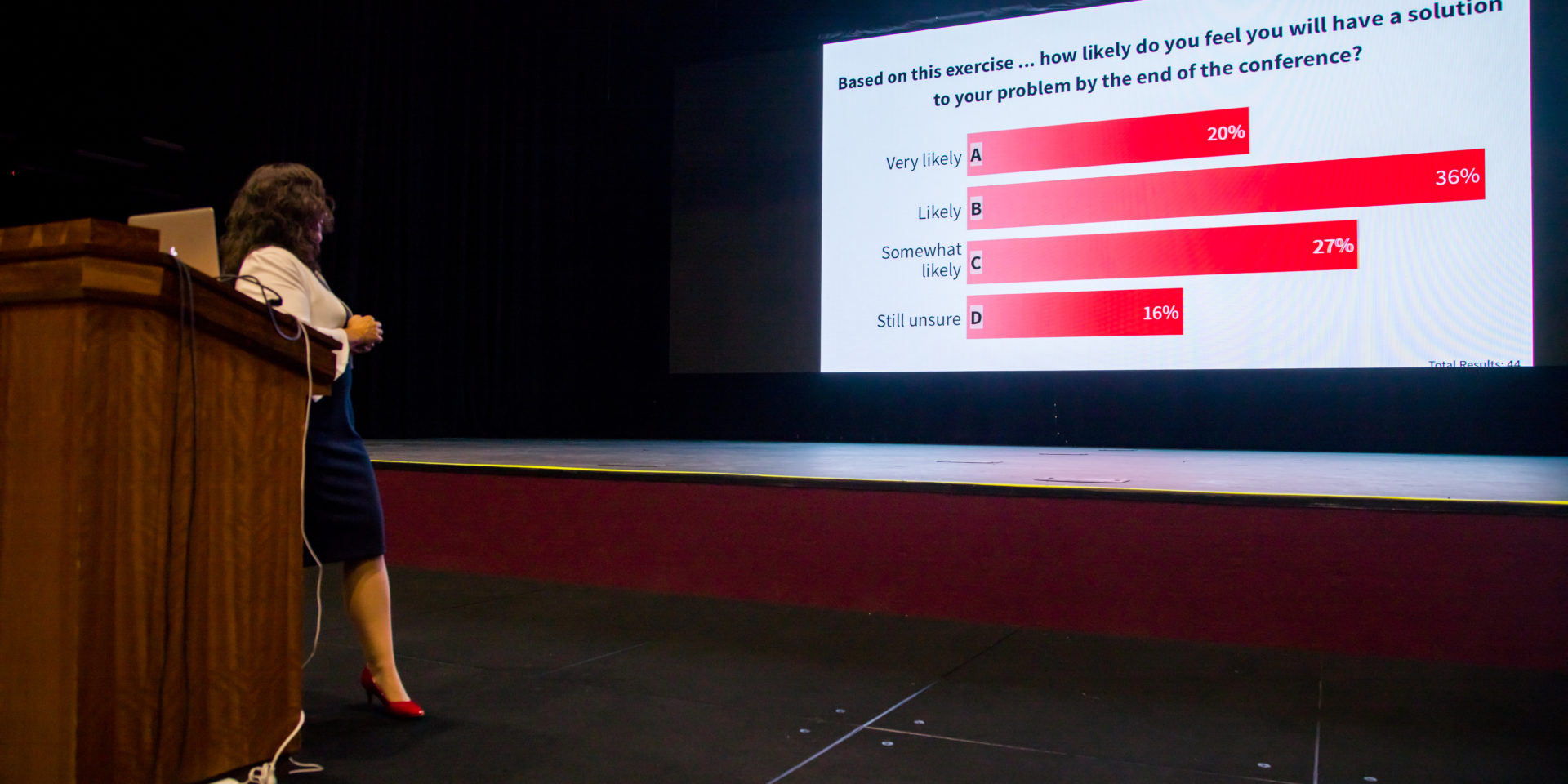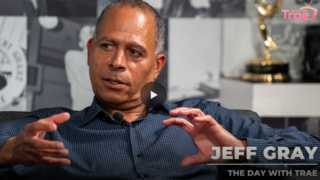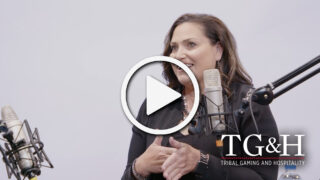
Incorporating Evidence-Based Decision Making Into Your Business Model
Lately, I have been evaluating how successful businesses incorporate an evidence-based decision making process to increase profits in a highly competitive economy where old business models are dying.
What is it?
Evidence-based decision making is a process for making decisions about business practices, strategies and policy developments that are founded on research and evidence from the field and relevant, contextual information. This method allows us to make decisions that are actionable and measurable.
Fierce competition from disruptive new technology and increasing online services are creating a high level of financial uncertainty for many businesses including the casino industry. So, in this fast-paced evolving business climate, does using research as a foundation to make evidence-based decisions improve financial performance?
According to a Harvard Business Review study, companies who create a “Culture of evidence-based decision making have all seen improvements in business performance.” And more alarming, in the study of 51 companies, they found those who use data are rare.
How does that compare to the casino gaming industry?
According to Raving’s 2016 Annual Indian Gaming National Marketing Survey*, a majority of properties reported that they conduct numerous types of research. However, this does not answer the question as to whether they use it.
We know we need it, and we say we are conducting it, but is there a gap between conducting it and using it to make evidence-based decisions? After interviewing numerous casino operators and two of our industry’s leading market researchers, the answer is “no.” Some level of data is collected, but typically it isn’t sufficient to credibly implement a culture of an evidence-based, decision making process.
As an example, I worked with a property with an 1100-seat bingo hall located in an area with under 30,000 people. The bingo manager was tasked with filling the hall seven days a week with matinee sessions on Saturday and Sunday. After a couple of years of losing about $250K a year and not filling the room, I was asked to help “fix” bingo.
I was told that the room should be packed nightly. My first question was, “Do you have the research or feasibility study that was done to base this expectation on?” The answer stunned me, “No, we built the room this big for future gaming expansion, but we should be able to fill it because Foxwoods does and they are in a similar rural location.” Yes, the property was remote, but it was not located anywhere near the population surrounding Foxwoods. So, for two years, the property lost over a million dollars based on a flawed assumption.
You probably think this is an exception and an extreme case of poor
planning.
In my experience, unfortunately, this is not. Every day in our industry, decisions are made based on a “gut feeling” and a belief that individual perception and experience is enough, so we talk ourselves into believing that we don’t need to spend the money on research. How many logos have been changed, tables have been replaced, and walls put up only to be torn down based on what we “think” the guest wants or might drive additional revenue?
The most successful companies in the world rely on market research to shape their business decisions. A case in point, McDonald’s uses ongoing research to learn about its customers’ changing preferences. Some changes you’ve probably seen are healthier food choices, and calorie counts on the menu board. Again, this business best practice is driven by customer research. After over a billion sold you would think they have it all figured out, right? Of course not. They have survived by using research to make evidence-based decisions.
We know this intellectually, but why don’t we do it and if we do it, why don’t we use it? After interviewing countless operators, I typically hear this response, which combines three issues. “We know what our guests want, so there is no need to take the time or spend the money on research to make the decision.” Additionally, given the demands of a 24/7 operation, there is not enough time to review it, so the data goes unused.
The question is not, “can we afford spending resources on research?” The question is “how much can we improve by implementing an evidence-based decision making process?” Today, incorporating the research necessary to implement an evidence-based decision making process is much more cost- effective. According, to Ph.D. researcher Deb Hilgeman, “Marketing research has become increasingly functional and affordable, as companies are using online survey software to obtain customer data and insights that help in developing winning business strategies. Even though these research tools are readily available, some companies aren’t allocating the time necessary to incorporate them into their decision making process. Or, they don’t consider marketing research as a required component of their success.”
What steps can be taken to create a culture of evidencebased decision making?
Ask the question, “What data was used to formulate the basis of the decision?” First, outline the steps that must be followed within the organization to create a consistent process:
- Identify the problem or question that must be answered.
- Determine why this is important to the organization. (Is this decision in line with the company goals and strategic objectives? How will it fix a problem, create efficiency, improve revenue, employee morale, etc.?)
- Identify the research and data needed to formulate an evidence-based decision. Can you rely on existing data or do you need additional research or analysis to use as evidence for the decision? Be sure to include input from those impacted by the potential outcome, even those who may be against the proposed idea.
- Create a report outlining the sources of data and recommendations.
- Share the report and ask for feedback from all impacted … or relevant experts.
Are you convinced? Are you ready to commit to more research for better decision making? Hilgeman adds, “Casino marketers often don’t know how much to budget every year for market research. The amount you spend should be guided by three things: one is the total amount of your overall marketing budget, the second is what your plans are for the coming year, and the third is your overall place in your market area.”









